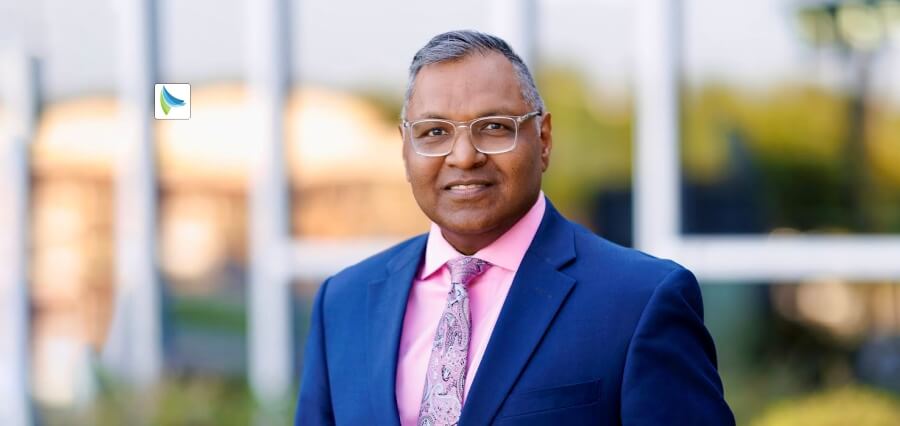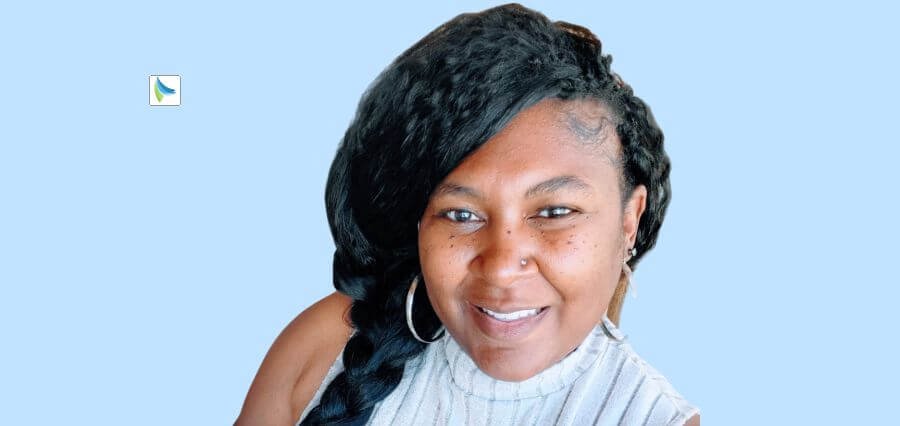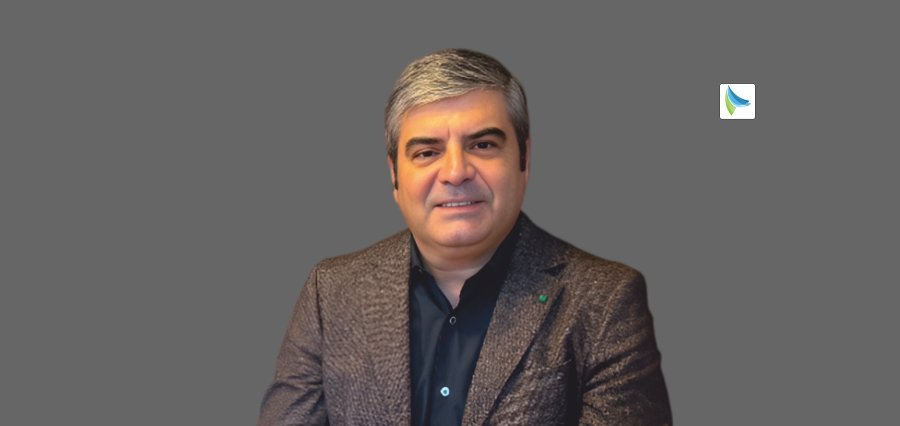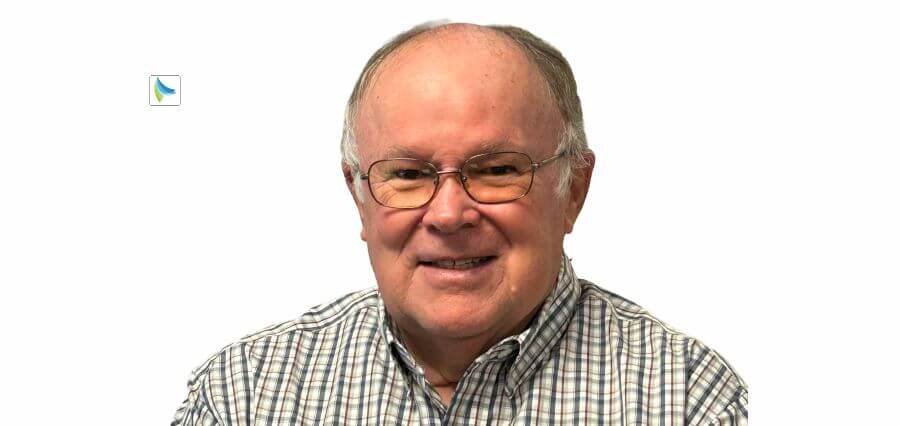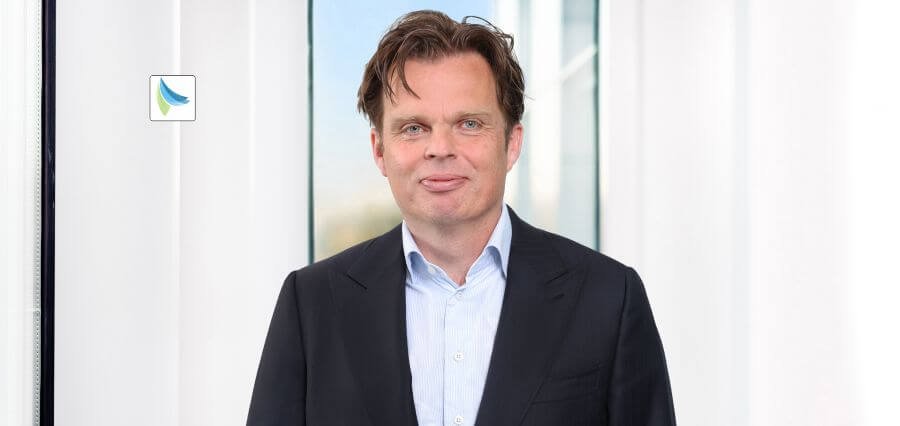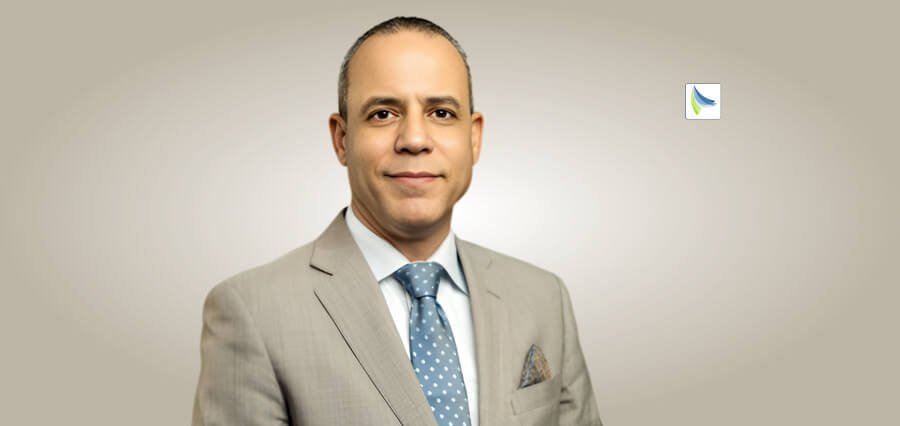In the highly transformative world of executive coaching, where personal growth and professional success intersect, few can reflect the authority and the influence of Dr. Emmanuel V. Dalavai. As a Founder and Executive Coach at Live Out Loud! Coaching, he has devoted his life to transforming the communities in which we live by developing today’s leaders and mentoring tomorrow’s aspirants.
A speaker, coach, educator, and “global ambassador of possibilities,” Dr. Dalavai’s work is rooted in the powerful fields of positive organizational scholarship and positive psychology, and he is committed to developing “HEROs,” those individuals who embody the attributes of Hope, Efficacy, Resilience, and Optimism by harnessing and building upon their strengths. Dr. Dalavai has 27 years of experience in the corporate space and possesses numerous advanced degrees and certifications, which have helped him to partner with clients to transform their lives for the better.
Dr. Dalavai’s novel approach is not about simply developing leaders; rather, it is about transforming inside out and holistically. He gets a lot of his inspiration from his parents, Dr. Jay Dalavai, and his late mother, Jaya Dalavai. When asked about their influence on his life, the younger Dr. Dalavai replied, “My parents lived not by command, but by example—through hard work, sleepless nights, and hearts that gave without asking.
Their legacy is not in what they built, but in who they raised: children who work with purpose and lead with humility.” A leader who endeavors to practice what he preaches, his journey from an enthusiastic sportsman to research scientist, to being a global ambassador of empathy and optimism shapes the future of leadership that transcends time.
An Ever-Evolving Journey of Continuous Learning
Dr. Dalavai’s career, spanning over two decades across diverse sectors, is not merely a resume of achievements but a journey of personal, professional, and spiritual evolution. “I think that as you evolve in your career from individual contributor to manager to even executive, you gain certain experiences that hopefully help you become a better person and leader,” he shares. As a leader who evolved from such experiences, he adds ‘That’s definitely the case with me.’ After over 25 years now in Corporate America, “I have gained a little bit more practical wisdom and experience that I didn’t have in my early to mid-20s.” As a result, he has resolved to help pass on those lessons learned forged through learning agility and the “school of hard knocks” to help both current and aspiring executives be the best versions of themselves. For him, the role that is a perfect fit is that of Executive Coach.
The Symphonic Dance of Leadership
Having worked with iconic global brands like AT&T and Boeing, Dr. Dalavai is no stranger to the challenges that come with large-scale organizations. “Whenever you work with extremely large companies and global ones at that, there is usually a fair amount of bureaucracy, hierarchical “frustration,” as well as other challenges you deal with regularly.” The key, for him, has been to learn how these large, complex organizations work – not only tactically, but also strategically and culturally. “As I mentioned earlier, I have evolved as a leader and human being, just as companies like AT&T and Boeing have evolved over time. I think the beautiful thing about life is that when you can evolve together, it results in a symphonic melody of sorts, a wonderful dance, if you will. (Can you tell I love music? Ha ha!)” Just like he’s had numerous ups and downs in life and in his career, so do organizations, in general. Learning through those change curves has helped him to become a better leader of people, a better change agent in the business world, and a much better executive coach, helping others to navigate the volatility, uncertainty, complexity, and ambiguity that so many of us are facing today.
A Compass of Core Values
Throughout his dynamic journey, Dr. Dalavai has remained guided by a steadfast set of personal values: Respect, Integrity, Compassion, and Excellence. These principles are not just words on a page; they are the bedrock of his leadership philosophy and the compass that directs the decisions he makes. It is this constant commitment to his values that has enabled him to not only succeed in a variety of roles but also to partner with leaders in their respective journeys, helping them to become the best versions of themselves.
The Four Intelligences and Trust
Dr. Dalavai’s seminars are well known for their transformative impact, and he attributes this to a focus on creating measurable and sustainable results. His principles are not just theoretical; they are practical tools designed to inspire real change.
In his seminar, “The Four Intelligences (Intelligence Quotient, Emotional Quotient, Physical Quotient, and Spiritual Quotient),” Dr. Dalavai emphasizes the need for balance in life. He teaches that a leader’s growth and maturation depend on more than just their IQ. He believes that by practicing good self-care, mindfulness, and exhibiting high emotional intelligence, individuals can avoid getting stuck in the “corporate rat-race” and prevent their priorities from becoming misaligned. This holistic approach ensures that leaders are not just effective in the boardroom but are also well-rounded individuals who can give the best of themselves to the communities they serve.
Dr. Dalavai also places a premium on trust building behaviors. In his seminar on the ‘3 Is and a T (Intentionality, Interactivity, Inclusivity and Trust),’ he teaches what he believes in ardently. “I’ve really tried to help others understand that the most important facet of leadership is trust. Covey likes to say it this way – “Trust is the single greatest currency in the economy of relationships.” And how do you build trust most effectively? By practicing the 3 Is: being intentional (practicing proactiveness), being more interactive (connecting with others and mastering the art of relationship management), and being more inclusive (getting others’ perspectives on projects and ways to get things done).
Mastering Emotional Intelligence
Emotional intelligence is also a central theme in Dr. Dalavai’s work, and he provides clear, actionable strategies to help leaders convert emotional awareness into effective decision-making. He draws on the research of Dr. Daniel Goleman, Dr. K.V. Petrides, and others, teaching leaders to master the four key quadrants of EQ: Self-awareness, Self-management, Social awareness, and Relationship management.
He assists leaders in understanding that two of these quadrants deal with the self, while the other two deal with others. He teaches that both are equally important to master. High EQ leaders, he says, ask thought-provoking questions and listen empathically. They learn from past missteps, continuously seek feedback, and reflect on their experiences to make better decisions. Dr. Dalavai is quick to point out that he does NOT have all the answers. However, he feels that this approach transforms emotional awareness from an abstract concept into a powerful tool for strategic leadership and personal growth.
To Dr. Dalavai, above all other quadrants, relationship management is paramount to one’s success in life. One of Dr. Dalavai’s mentors, Mike May, Executive Chairman of Brightspot (https://brightspotincentivesevents.com/), puts it this way:
“In incentive travel, where every deal is built on trust and every experience is personal, sales executives with high emotional intelligence don’t just close sales—they open relationships. EQ is the compass that guides empathy, adaptability, and authentic connection, turning transactions into lasting partnerships.”
Breaching the Barriers
Generally speaking, at many different companies, in executive talent development, the most common growth barriers he has seen include lack of self-awareness, lack of professional brand recognition and how to effectively articulate that brand, an absence of executive presence, and an over-reliance on technical savvy. “The higher up you go in an organization, the more you have to get work done through others, so the more important things like emotional intelligence and leadership presence become.” One tool he leverages is an executive presence 360, called ExPI, to unlock key barriers to growth to help leaders come much closer to achieving their true potential and to maximize their gravitas.
Balancing Needs with Challenges
When asked how he balances proven coaching frameworks with tailoring his approach to each leader’s unique needs and challenges, Dr. Dalavai says jovially, “I read a lot (Ha ha!). I think it’s particularly important, in my line of work, to stay well-read on relevant and cutting-edge frameworks and points of view, not only on coaching, but on leadership development in general. Make no mistake, there seem to be as many varying opinions on “success” as there are stars in the universe these days, so I rely mostly on evidence-based practice (and intuition). What do “scientific” studies tell us that we can utilize in the coaching engagements, in leadership development programs that will help practitioners and clients achieve the results they desire.” In addition, he loves to make use of various assessment tools (self- and 360s) to gather varied perspectives on a leader’s strengths and opportunities for improvement.
While addressing audiences at global HR conferences and symposia, leadership events, and academic forums, Dr. Dalavai accepts the challenge, “It is true that for many of my offerings, audiences tend to be more diverse – not only culturally, but also from an industry perspective. It’s important to meet people where they are.” Understand the business problems they’re trying to solve, leverage both situational awareness and situational adaptability, and then deliver a powerful message that is equal parts educational, motivational, and inspirational. “I never want an audience to walk away without a defined ‘call to action.”
Being a Practitioner-Scholar
When probed about that as an Adjunct Professor, how does he integrate his real-world leadership experience into teaching, coaching, and mentoring future leaders for transformative impact, Dr. Dalavai agrees that it is very important, “To stay relevant with what’s going on in the business environment today. Things are moving at a lightning quick pace, especially as leaders integrate AI into the mix.” As an educator, he considers himself a ‘practitioner-scholar,’ which means that he’s bringing real-life situations (generally speaking) into the classroom, being careful to never breach a leader’s or company’s confidentiality. This way, graduate students can experience the toils, travails, and triumphs of being a leader or executive. “By the way, many of these students are already leaders themselves, so it’s a wonderful laboratory, so to speak, for everyone to learn, including myself! We are constantly looking at case studies, examples, and students’ experiences to enrich the classroom environment.”
The Best Compliment
When asked what the most memorable feedback or success story he’s received from someone he coached or mentored, Dr. Dalavai says, “Oh, wow… let me think. I had one former coachee tell me that I was instrumental in helping him not only regain his confidence, but also in rebuilding his entire life. That was incredibly humbling, and also a testament to what coaching can do: it can help you construct (and reconstruct) the best version of you – mind, body, heart, and spirit.”
The Significant Shift of AI
From his vantage point, Dr. Dalavai says that we are already seeing the most significant shifts in leadership and executive coaching in the next decade. Artificial intelligence, or AI, is on the rise in almost every aspect of life. Even in coaching, there already exist certain AI bots that serve as ‘de facto’ coaches. “However, I would like to add that what AI cannot do is provide the emotional intelligence of a bona fide coach!” Coaching is predicated on not only the mind, but the HEART.
Readers Are Leaders and Leaders Are Readers!
When asked about how he personally stays ahead of evolving leadership trends to ensure his coaching remains relevant and impactful, Dr. Dalavai again says humorously, “It’s not easy (ha-ha). I am a big reader. Growing up, my parents and educators taught me that ‘readers are leaders’ and ‘leaders are readers.” He longs to maintain the philosophy of being a lifelong learner. “We never stop learning and growing. Sometimes, that means taking a step back, even later in life, but the beauty is that there is ‘joy in the journey.’ If we continuously reflect on life, work, and relationships, I think we’ll find that we are better able to connect with others and build trust more readily.” He loves to attend webinars, listen to podcasts on coaching, neuroscience, and healthy living so that he can share, when asked, the most relevant and timely information to clients.
Perfect Message of Embracing Imperfection
If he could leave one piece of transformational advice with every leader he meets, Dr. Dalavai says it would be to tell leaders that it’s OK to not have it all figured out. Sometimes, when leaders arrive at their first “big role,” leading a large department, team, or even corporation, they think that they have to be perfect. In actuality, they’re probably going to experience a good bit of failure (many for the first time in their careers!), and it can be humbling. “Again, I would humbly submit to them that there’s ‘joy in the journey.’ Embrace challenges, seek out competent mentors who’ve been where you are today, continuously learn and grow, and most importantly, pay it forward!”
DISCLAIMER: The opinions and statements contained in this article are those of Dr. Dalavai’s solely and do not necessarily represent those of any company with which he has been associated, past and present.






